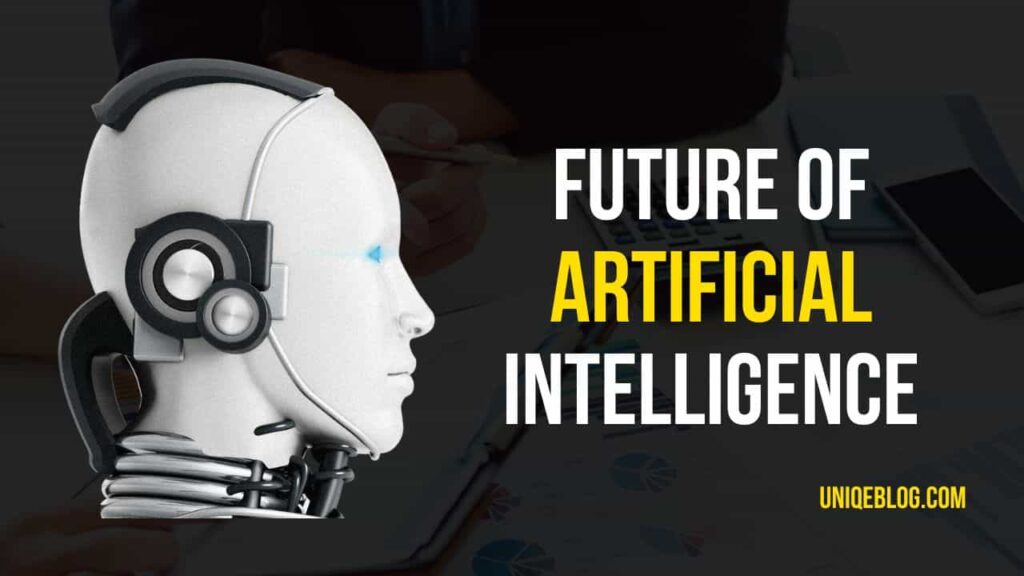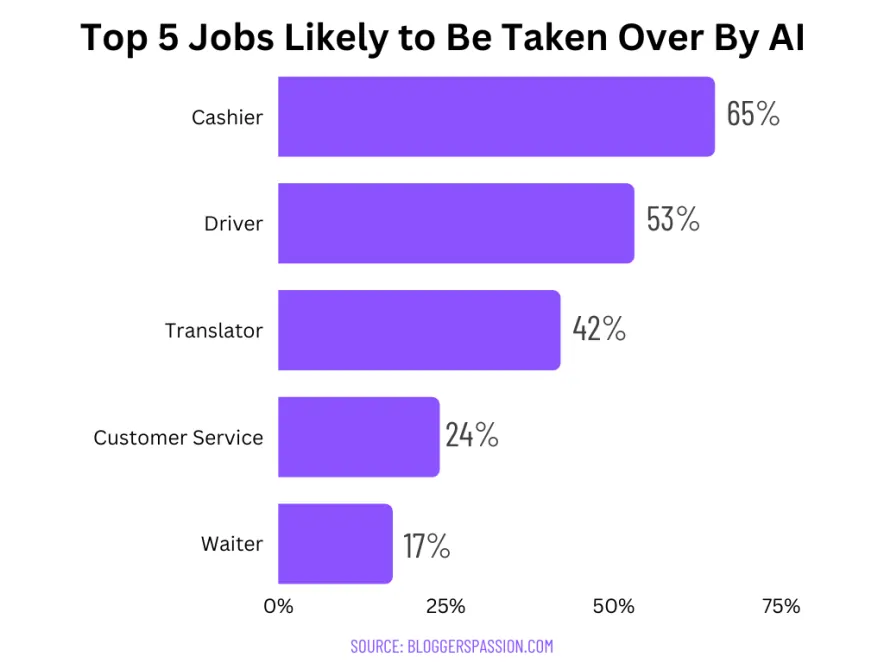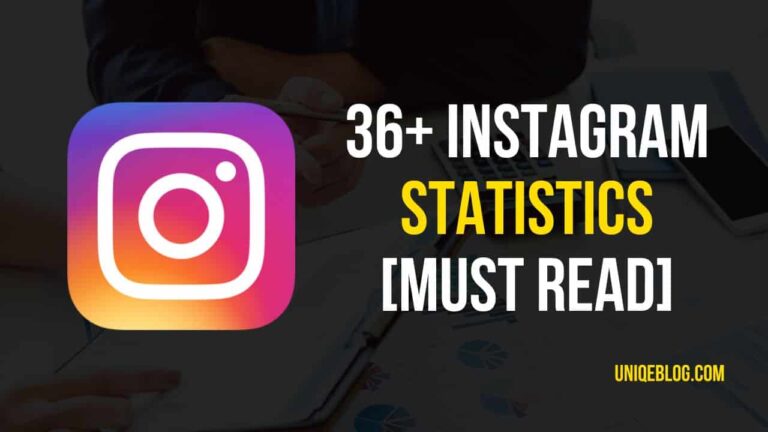Future Of Artificial Intelligence: What Is The Future Of AI? 2024
Are you fascinated by the possibilities of artificial intelligence?
Do you ever wonder how it will shape our future?
From sci-fi movies to real-life applications, AI has captured our imaginations and challenged our perceptions of what’s possible.
As we look to the future, the potential applications of AI are vast and varied, from improving healthcare outcomes to optimizing transportation systems.
With every passing day, AI becomes increasingly integrated into our daily lives, raising questions about the ethics and societal impacts of this technology.
Join us as we explore the exciting and rapidly evolving field of artificial intelligence and its implications for the future.
The Future of Artificial Intelligence: Exploring The Possibilities of AI

As we continue to push the boundaries of what is possible with technology, the potential applications of artificial intelligence are becoming increasingly vast and varied.
From virtual assistants and chatbots to self-driving cars and personalized medicine, the possibilities of AI are endless.
With its ability to learn, adapt, and improve over time, AI has the potential to revolutionize industries and transform the way we live, work, and interact with the world around us.
So, let us explore the world of AI and see what it has for us.
Are you excited?
What is AI?
AI, or Artificial Intelligence, is a fascinating field of computer science that aims to create machines that can think, learn, and make decisions as humans do.
Ah! Minus the occasional irrational outburst or emotional breakdown haha.
It’s like having a super smart digital assistant to help you with everything from answering your questions to driving your car.
AI is made possible by using advanced algorithms and machine learning techniques to analyze vast amounts of data and recognize patterns.
It’s being used in various applications, from predicting the weather to recommending movies on Netflix.
The possibilities with AI are endless and exciting, but there are also important ethical considerations to keep in mind as we develop this technology.
With the right approach, AI has the potential to make our lives easier and better in countless ways.
AI is a diverse field with several types of technologies that differ in their function and purpose. In this discussion, we will briefly outline the major categories of AI.
- Natural language processing (NLP) AI: One popular type of AI is Natural Language Processing (NLP).
- This technology employs machine learning algorithms to generate human-like text. Examples of NLP tools include Jasper AI, ChatGPT, and Rytr.
- Rule-based AI: Another type of AI is Rule-based AI. This type of technology follows a set of rules or instructions provided by the user to generate text or solve problems.
- Neural network AI: It is a third type of AI that mimics the human brain in its function.
This technology can recognize patterns and perform data mining, among other applications.
What is the Future of AI?
Okay, folks! It’s time to answer the most asked question.
We will also cover the issue of AI will replace humans in jobs.
So, if that’s your concern, then sit back and relax! We’ve got you covered
Look! Before I mention anything, it’s essential to remember that AI can also create new job opportunities that demand a fresh set of skills and expertise.
As Bill Gates suggested
“Humans should be worried about the threat posed by artificial intelligence”
AI makes decisions based on information and experience, and it can learn to understand the intent behind input commands.
However, since many AI tools are still in the development phase, they may occasionally provide inaccurate data.
In the future, AI will likely become even more intelligent, faster, and more accurate.
It will have access to an enormous amount of data, which will enable it to provide almost instantaneous and precise outcomes.
The advancement of AI will alter the job market significantly.
Many of the repetitive tasks that people currently perform, such as data entry, packing, and billing, will be taken over by AI in the near future.
This shift will enable people to utilize their time on more valuable tasks.
While some jobs will be entirely automated or replaced by AI, there will be a surge in demand for new and specific skill sets.
These abilities include creativity, data analysis, programming, machine learning, data security, digital marketing and more.
As a result, it’s critical to keep learning and honing new skills to remain competitive in the job market.
In a nutshell, the impact of AI on jobs can be both positive and negative.
Yes, it will replace some jobs that don’t require creativity, but it will also create new job opportunities that demand different sets of skills.
We need to be proactive in adapting to this changing landscape and utilize AI to our advantage while ensuring its ethical and transparent development.
What Industries Will AI Change?
Oxford Economics research predicts that by 2030, the increase in the use of robots will result in the replacement of over 20 million manufacturing jobs worldwide.
Several jobs are at high risk of being taken over by AI or becoming entirely automated, including:
- Cashiers
- Drivers
- Customer care executives
- Waiters
- Bartenders
- Drivers
- Cleaners
- Bookkeepers and more.
Here is a pictorial representation of jobs that AI is likely to replace:

If you’re working in any of the fields that rely heavily on repetitive tasks, beware!
AI and robots are coming for your job!
But don’t worry, you’ll have plenty of time to plan your next move while your robot replacement does the grunt work.
In fact, people are already buying self-driving cars that use AI to control everything from acceleration to steering.
Think about it: you’ll be able to sit back, relax, and enjoy the ride while your car detects your hunger level and navigates to the nearest drive-thru.
It’s like having your own personal chauffeur, minus the awkward small talk.
So, if you’re worried about robots taking your job, just remember that they might also be the key to your next stress-free road trip.
If you’re interested, here’s a brief timeline of how AI has evolved in automated cars:
As you can observe, cars are getting smarter and smarter, and it won’t be long before they can drive themselves, leaving us humans to catch up on some much-needed sleep in the back seat.
Ah, AI won’t ever show up late to work, won’t demand a raise, and will never send an email complaining about the workload.
Talk about the perfect employee!
It’s no wonder why companies are starting to favor robots and AI over humans – they’re quicker, more efficient, and never ask for a coffee break.
Benefits of Artificial Intelligence (AI)
No doubt, AI has changed the way we live and think and it will keep changing more and more as AI evolves.
So, here are some of the benefits of AI that you might want to know:
- AI can process vast amounts of data much faster than humans, resulting in increased efficiency in completing tasks.
- AI algorithms can be trained to reduce errors, leading to improved accuracy and reliability in tasks.
- By automating tasks and processes, AI can reduce the need for human labor and lower operating costs for businesses.
- AI can analyze vast amounts of data about individual users, enabling personalized experiences and recommendations.
- Unlike humans, AI can operate continuously without rest, leading to increased productivity and uptime in industries.
- AI can be used to monitor and prevent accidents in various fields, such as transportation and construction.
- AI can access a broad variety of data. The GPT 3 from OpenAI has access to billions of data points, did you realize that? AI employs natural language processing to decipher the user meaning of speakers of various tongues.
FAQs On the Future Of Artificial Intelligence
What is AI?
AI stands for Artificial Intelligence, which refers to the ability of machines to simulate human intelligence and perform tasks that normally require human intervention, such as learning, problem-solving, decision-making, and language processing.
What are the future predictions of artificial intelligence?
The majority of people will soon use AI to speed up time-consuming chores.
The majority of our tasks, such as coming up with new ideas, making decisions, writing text, translating, etc., can be assisted by AI tools.
What will AI be able to do in 20 years?
Nearly all data will be digitalized within the next 20 years, enabling AI to produce findings and responses more quickly.
Many occupations, including driving, cashiering, customer support, etc., can be replaced by AI.
What is the most promising AI company?
Yes, AI can take the position of humans in some jobs. Chatbots, for instance, can take the position of the customer service agent.
But artificial intelligence will never be as creative as people. Whatever your field, try to find methods to be creative in your work.
Final thoughts on the future of artificial intelligence
The future of AI is looking bright and possibly a little scary haha.
With the rapid advancements in technology, AI will continue to make our lives easier by saving time, increasing accuracy, and reducing costs.
But let’s not forget the potential for robots to take over the world and enslave humanity. Just kidding.
All jokes aside, AI has the potential to bring about significant changes in society, and it’s up to us to make sure we use it for good.
So let’s embrace the future of AI with open arms because the advancement that AI gives us is crazy!
I hope that the blog helped you gain some knowledge.
Feel free to share your thoughts in the comments below!





![[Special Bonus] Bluehost India Review April 2024](https://uniqeblog.com/wp-content/uploads/2021/12/bluehost-india-review-2-1-768x432.jpg)
![RankMath Review [year] – [Why It Is the Best SEO Plugin?]](https://uniqeblog.com/wp-content/uploads/2023/09/RankMath-Review-768x432.jpg)
Hi,
AI will play a significant role in automating routine tasks, making processes more efficient, and freeing up human workers for more creative and strategic endeavors.
Nice your blog .
Thanks